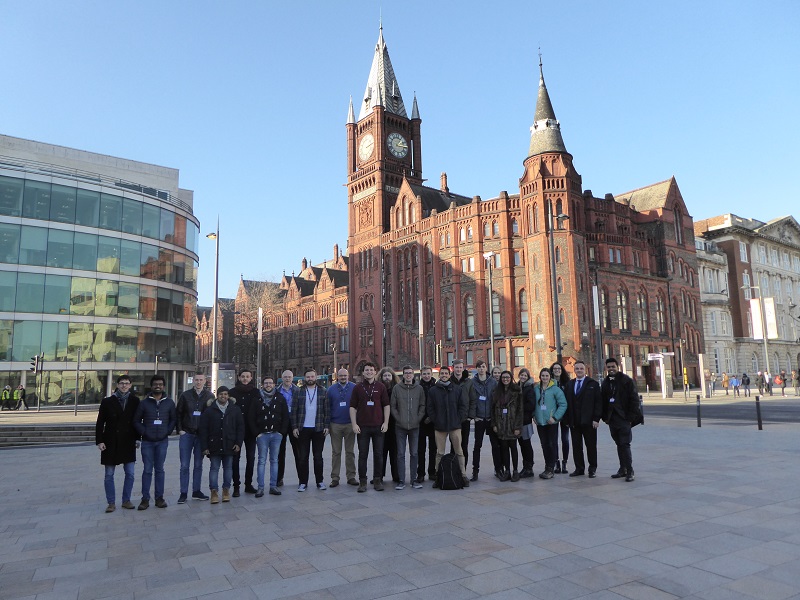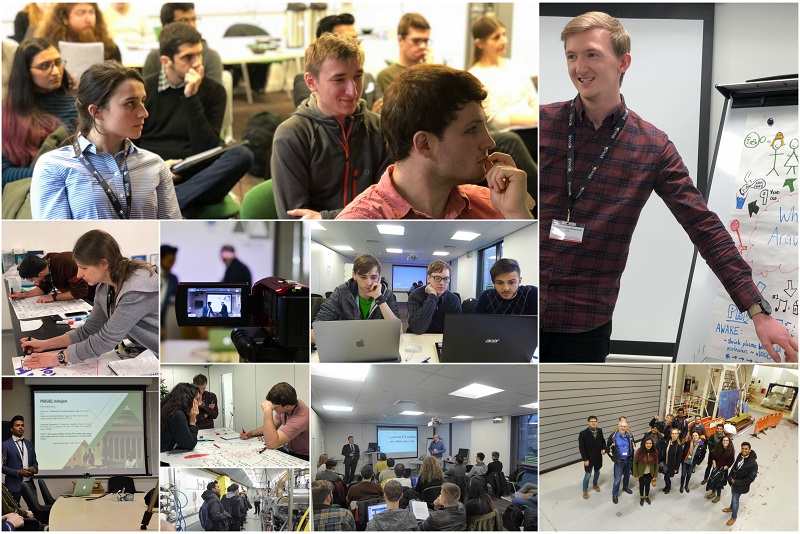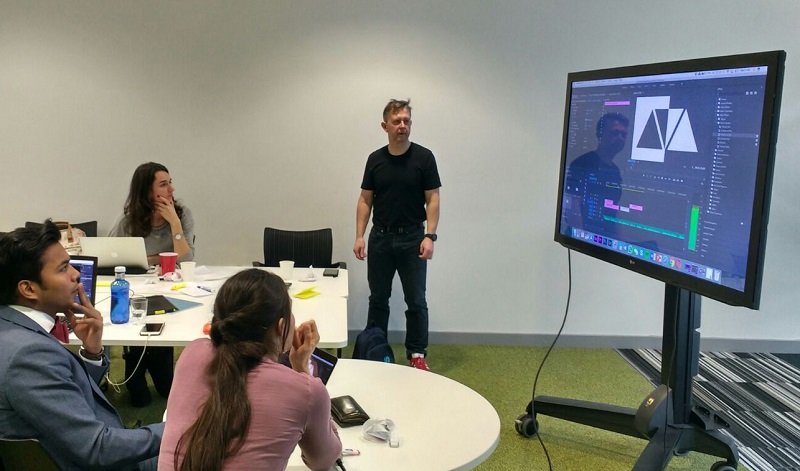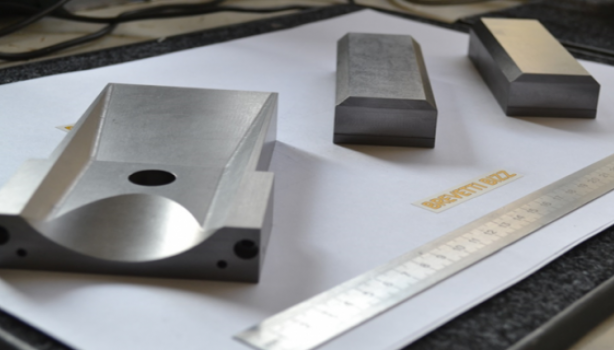Antimatter experiments are at the cutting edge of science; however, they are very difficult to undertake as antimatter is produced at extremely high energies. The ELENA decelerator at CERN is designed to overcome these problems, catching and slowing antiprotons to energies as low as 0.1 MeV. To fully exploit this novel accelerator, it will be important to train a new researcher generation in experimental design and optimization, advanced beam diagnostics and novel low energy antimatter experiments. AVA is an Innovative Training Network within the H2020 Marie Skłodowska-Curie Actions created for that purpose. Five universities, eight national and international research centres and thirteen industrial partners are collaborating in this interdisciplinary program.
At the very heart of the AVA network is a series of established and bespoke training events running throughout the project lifespan. From 8th – 12th January 2018, the AVA Fellows attended a Researcher Skills School at the University of Liverpool. They were joined by a student cohort from LIV.DAT, an STFC-funded centre for doctoral training that focusses on challenges arising in Big Data Science. Such a collegiate approach has two distinct advantages: i) the advantages of scale – the costs of training can be shared to bring otherwise unaffordable opportunities to more people, and ii) it brings together trainees from a variety of disciplines to develop personal networks and start interdisciplinary collaborations.

Training at Liverpool – the original ‘red-brick’ University (Image credit: QUASAR Group).
The Researcher Skills School at Liverpool focused on developing skills essential for early stage researchers and included training in project management, peer review and intellectual property rights. A workshop on presentation skills held at The Cockcroft Institute included video recording presentations with feedback from both Fellows and trainers.

Highlights of the week at the University of Liverpool and the Cockcroft Institute (Image credit: QUASAR Group).
Professor Carsten Welsch, who leads both projects, commented, “Liverpool University has an outstanding track record in delivering bespoke postgraduate training courses. This Skills School follows a programme developed through previous training networks and was commended as EU success story by the European Commission as part of past project reviews.”
The following week the AVA Fellows attended a bespoke Media Training at MediaCityUK, one of the UK’s premier creative hubs. Throughout their career, successful researchers will need to use professional media techniques to promote and advertise their research. This programme offered them the opportunity to develop these skills by producing their very own project video.
The week began with an overview of the creative process by hosts Carbon Digital before preproduction started. Storyboards were created and professional voice-over artists recorded scripts. The fellows learned about camera techniques and green screen filming and everyone had the opportunity to film and be filmed before the fellows decided amongst themselves who should star in the final cut. They had to consider how to communicate the scientific aims of the AVA project best to a broad and international audience. The postproduction process can be as intense and creative as preproduction and production combined. It offers dynamic opportunities to change the storyboard, soundscape and visuals. The Fellows actively engaged in postproduction to explain how antimatter is created at CERN, and how ELENA will help open up entirely new research opportunities.

Training with host Carbon Digital at MediaCityUK (Image credit: QUASAR Group).
Sue McHugh from Carbon Digital said, “It has been inspiring to see researchers from across the world come together to create such a high quality final film. This is an example of successful industry-academia collaboration which can only help improve the overall employment prospects of the researchers.”
The AVA project film can be seen here.
After such an intense training fortnight, the AVA Fellows are now concentrating on their research until summer, when they will attend a week-long International School on Low Energy Antimatter Physics. This will be held between 25th - 29th June at CERN. and will be followed by hands-on training days on Detectors and Beam Diagnostics offered by Stahl Electronics and Bergoz Instrumentation, respectively.
The Summer School, open to all interested researchers, will address challenges in antimatter facility design and optimization, beyond state of the art beam diagnostics and advanced detectors, as well as novel antimatter experiments. In addition to lectures by research leaders, there will be study groups, a poster session and a dedicated industry session. There will also be opportunities for discussion and networking at evening events and tours of CERN’s unique accelerator facilities.


